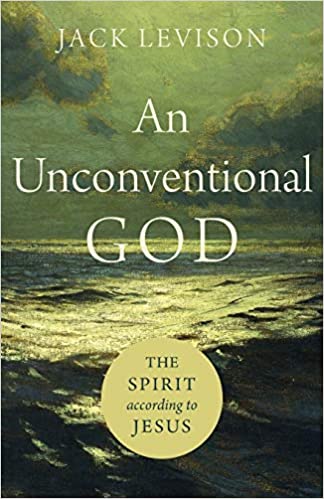BEN: I like your saying on p. 166 about the all things the Advocate will guide the disciples into. The ‘all things’ is not a blank check about anything in the future in general. And the focus will be on explaining the climax of the Christ event in the immediate future— Jesus’ death and res. The Holy Spirit becomes the holy reminder of what Jesus has said and done. We are talking about inspired remembrance not a bunch of new predictions. Nevertheless, elsewhere in the Johannine tradition, particularly in Revelation the work of the Spirit involves prediction not merely of the immediate present and future (Rev. 2-3) but also what will happen thereafter all the way to the return of Christ and the new creation. Why then do you think this Gospel places so much emphasis on the Spirit’s reminding ministry? Is it because the Gospel is the story of Jesus not of the further adventures of the church thereafter? But by that reasoning a text like Mark 13 says much more than just ‘let’s focus on the Christ event’. I agree with the remark on p. 169 that the 4th Gospel is saying “understanding was unavailable, insight inaccessible, wisdom unattainable before the crucifixion of Jesus.” This is not totally true, but in essential ways it is of course true. The real significance of the Christ only came with Spirit-inspired hindsight.
JACK: Inspired hindsight. Those are your words, not mine (I think), and I like them immensely. I almost wonder whether the Fourth Gospel places so much emphasis upon Jesus precisely because (persecuted) people wanted to know what would happen. But it was Jesus’ future that mattered, not ours, so the Spirit would lead them not into the truth of our future but the truth of Jesus’ future. I think perhaps nowadays we fail to see how preoccupied the Spirit is with Jesus.
BEN: I entirely agree with you that Acts 2 is not about glossolalia as traditionally defined, or ironically Pentecost is not about what moderns call a Pentecostal experience. No, the grammar is pretty clear (‘we heard them speaking in our own tongues’) it is about what my Greek students regularly pray for— ‘dear Lord please let me miraculous be able to know and speak in this foreign language’. I do think however Paul is talking about speaking in angelic tongues in 1 Corinthians. Would you agree?
JACK: Yes. Paul is describing something different. Frankly, and I am being incautious here, I think Paul would have been happy never to mention speaking in tongues, or glossolalia. But the Corinthians made such a muck of it that he had to. Speaking in tongues is not mentioned in the list of spiritual gifts in Romans 12. This is instructive. I think he had to clean up the mess in Corinth—but did so reluctantly. (By the way, I wrote the entry on glossolalia in the New Interpreter’s Dictionary of the Bible, and I deal with some of this there.)













